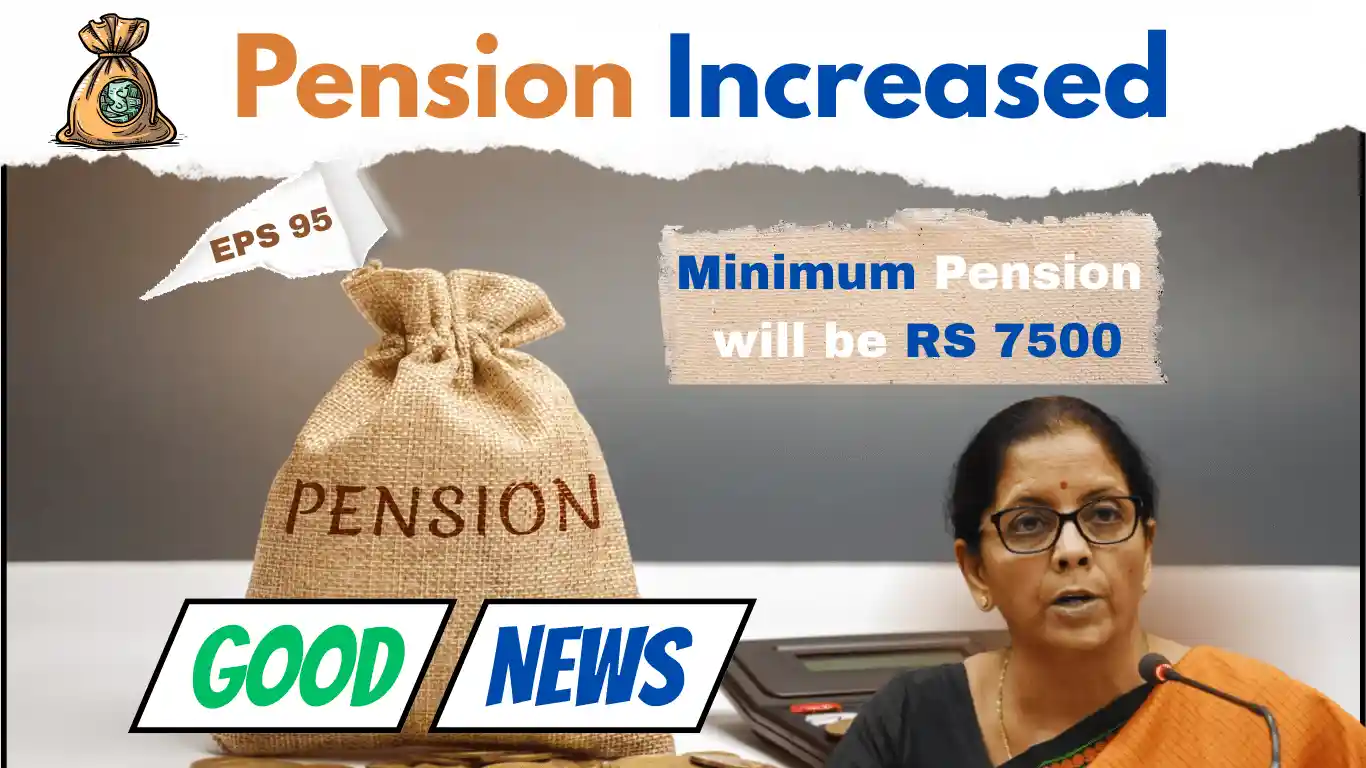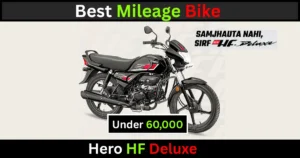Starting May 2025, the Employees’ Pension Scheme (EPS-95) minimum pension will jump from ₹1,000 to ₹7,500 per month, marking the first major increase since 2014 and delivering long-awaited relief to over 36 lakh pensioners nationwide. This decision follows recommendations from the EPS-95 National Agitation Committee, a pre-Budget meeting with the Finance Minister, and a Parliamentary Standing Committee report—promising both enhanced financial security for retirees and a more transparent, sustainable pension framework.
Key Highlights of the Pension Hike
- New Minimum Pay: ₹7,500 per month under EPS-95, up from ₹1,000.
- Effective Date: May 2025 cycle.
- Beneficiaries: All existing EPS-95 pensioners, family, widows, and new retirees after May 2025.
- Funding: Jointly financed by EPFO contributions and central government budgetary support.
- Automatic Credit: No fresh application required—updated amounts will reflect in registered bank accounts.
Why the EPS 95 Needed a Hike
The EPS 95 scheme, managed by the Employees’ Provident Fund Organisation (EPFO), guarantees post-retirement income for private-sector employees who have contributed for at least 10 years. However, the minimum pension has remained stalled at ₹1,000 per month since its 2014 revision, failing to keep pace with inflation and rising living costs.
In January 2025, a delegation of EPS-95 retirees met Finance Minister Nirmala Sitharaman during pre-Budget consultations to press for a substantial increase to ₹7,500, alongside demands for dearness allowance adjustments and healthcare benefits.
Subsequently, the Parliamentary Standing Committee on Labour recommended that the Ministry of Labour and Employment finalize a proposal to hike the minimum pay to ₹7,500 by end-2025, acknowledging the urgent financial stress faced by senior citizens.
Who Stands to Benefit?
- Existing Pensioners: Over 36 lakh EPS-95 retirees currently receiving sub-₹1,000 pensions will see immediate uplift.
- Family & Widows: All eligible dependents under EPS-95 provisions.
- New Entrants: Employees retiring post-May 2025 meeting the 10-year contribution criterion.
How the Increased Pension Will Be Distributed
- EPFO Circular Issued: Field offices have been instructed to update systems for the new ₹7,500 rate from May 2025.
- No Fresh Forms: You need only ensure their KYC (Aadhaar, bank details) is up to date on the EPFO portal.
- Automatic Credit: The revised pension amount will be directly credited to linked bank accounts.
Expected Impact on Retirees and the Economy
- Financial Relief: A 650% increase in the minimum pay dramatically reduces elder poverty.
- Boost in Consumer Demand: Increased purchasing power among retirees should stimulate local economies.
- Strengthened Trust: Demonstrates the government’s commitment to worker welfare, enhancing public confidence in social security schemes.
- System Modernization: The remarketing of EPS 95 highlights the need for regular pension reviews aligned with inflation.
Frequently Asked Questions (FAQs)
Q1: Will the ₹7,500 minimum pay apply to all states uniformly?
Yes. The EPS 95 scheme is nationwide, so the flat ₹7,500 rate applies across India.
Q2: Do I need to submit any additional forms to receive the new pension amount?
No new application is required; just keep your EPFO KYC details current.
Q3: Is there any provision for arrears on the increased amount?
No. The ₹7,500 minimum pension is prospective from May 2025; arrears for prior months will not be paid.
Q4: How can I verify my updated amount?
Check your EPFO Member e-Service portal or passbook after the May 2025 credit cycle.
Q5: Are cost-of-living adjustments (DA) scheduled along with this hike?
While DA increases are under discussion, the current ₹7,500 rate does not include DA; future adjustments will follow official EPFO notifications.
By securing this historic increase, the government has taken a decisive step toward ensuring dignified retirements. For latest updates and to verify your KYC status, visit the EPFO member portal or contact your nearest EPFO office.
Also Read: Our latest Article Here.








